Thanks to Article 35A, Women in J&K are treated as Second Class Citizens
| 08-Mar-2019 |
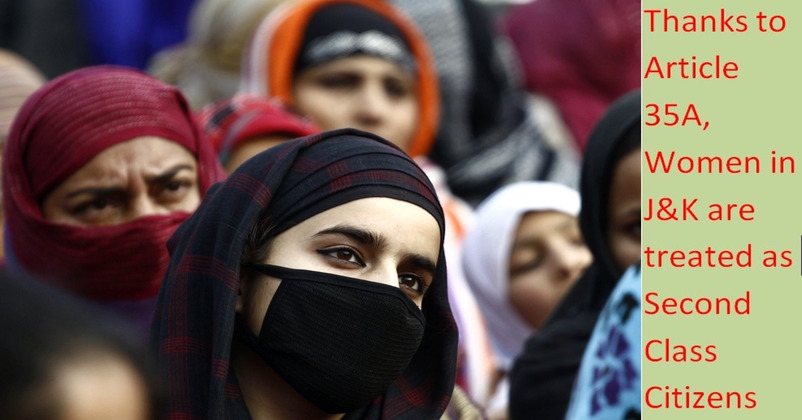
India celebrates International Women’ Day with pomp and show. Discussions and debates are organized for equal rights of women, women empowerment and the new legislations are contemplated for them. Yet one of the states of India discriminates with women and that too through using the provision of Constitution of India. This state is at the 15th spot in the constitution of India and that state is Jammu and Kashmir. Females in the state constitute almost 47% of the state population, who are discriminated because of Article 35A. This unconstitutional provision gives legal sanction for discrimination with many communities in Jammu and Kashmir and women being one of them. There is a lot of awareness about women empowerment across. Even people living in the flung areas of India are aware about it. Constitutional provisions are there that confers equality among men and women but Jammu and Kashmir remain untouched by it because of Article 35A.
What is Article 35A? Under Article 35A, the resident of Jammu and Kashmir should have the Permanent Resident Certificate (PRC), which is issued by the State Government, to get certain benefits in the state. A PRC holder can sell and buy property, inherit movable and immovable property, start business, get into Government jobs, study in Government run educational institutions, avail loan from the Bank, avail all sorts of scholarships, cast his vote in all the elections and contest any election, avail the benefits of all the schemes of central and state governments. In essence, a PRC holder can get the benefit and rights like any other citizen of India. But for all this one should have the PRC and the non-PRC holders are deprived of all these benefits. |
Before 2002 J&K women were victimized through Article 35A
According to Article 35A, any PRC holder woman would lose her PRC if she marries a non-PRC holder and this discriminatory provision was applicable on all the women irrespective their religion. It is ensured that this provision is implemented and for this purpose, the females of Jammu and Kashmir were issued PRC, on which it is written that the certificate is ‘Valid Till Marriage’. It means, if any woman- who has spent her childhood in Jammu and Kashmir, her parents and ancestors had been living in the state- marries a non-PRC holder then she would lose her PRC and simultaneously she would be deprived from joining government service, getting education and voting rights, selling and purchase of property in the state. Ironically, she would even be expelled from the ancestral property that she would get from her parents and the worst would be the case with the single girl child, as she had to relinquish all her rights once she marries a non-PRC holder. It means in this new India, a woman cannot make a choice of her life partner and the state government binds her to make a choice only among the PRC holders. In this manner, the State Government of Jammu and Kashmir would make a choice in this matter. The more traumatic situation was with the separated, divorced and widowed woman, who would look upon the help from her parents and brother. But the state had the right to punish such girls for committing a mistake of making her own choice in choosing a non-PRC as the life partner.
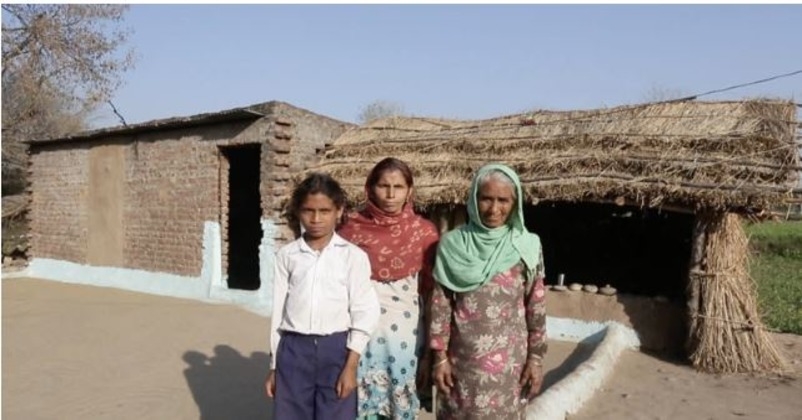
But the men of the state have no such restrictions. They can marry the girl of their choice irrespective of the fact that the girl may or may not be a PRC holder or she may be a resident of another state or country. In all such marriages, PRC would be subsequently extended to the girl and she would get all the benefits. For example, the wife of the former Chief Minister of Jammu and Kashmir Dr. Farooq Abdullah was a native of Britain but after marriage, she has become PRC holder and got all the rights and benefits that a PRC gets in the state of Jammu and Kashmir. She can even contest assembly elections of Jammu and Kashmir. Likewise, Omar Abdullah also got married a non-resident of Jammu and Kashmir yet she got PRC after marriage. It is the mockery of Article 14 and 15. Ironically, on the one hand, we are talking about equality of men and women on all the platforms but on the other hand, Article 35A is openly discriminating the women of Jammu and Kashmir.
J&K High Court gave some respite in 2002
The treatment of women as a secondary citizen of the state continued till 2002. But in 2002, in Sushila Sahni case the Jammu and Kashmir High Court abolished the rule of writing “valid till marriage” on the PRC certificate of women and stated that the women rights cannot be restricted even if she marries a non-PRC holder.
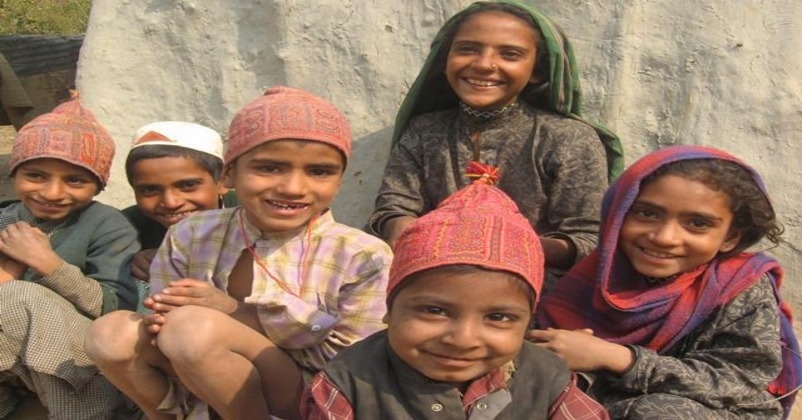
No future of children of such women, who married a non-PRC holder
There are changes in the condition of women after 2002 yet they are not treated equally like the males of the state. Their children still cannot get the PRC. For example- Sunanda Pushkar was from Jammu and Kashmir and married to the resident of another state Shashi Tharoor. Though Shashi Tharoor, who was a cabinet Minister in Congress Government, was her husband yet she could not give the rights on her ancestral property to her son because of Article 35A. Although the state government of J&K stopped writing ‘valid till marriage’ on their PRC of women yet the children of such women, who have married to a non-PRC, are not given the PRC. As a result they cannot sell and buy property, inherit movable and immovable property, start business, get into Government jobs, study in Government run educational institutions, avail loan from the Bank, avail all sorts of scholarships, cast his vote in all the elections and contest any election, avail the benefits of all the schemes of central and state governments in Jammu and Kashmir. They cannot even join central security forces or Indian army. In essence, they are deprived of all the benefits that an ordinary Indian citizen gets in India.
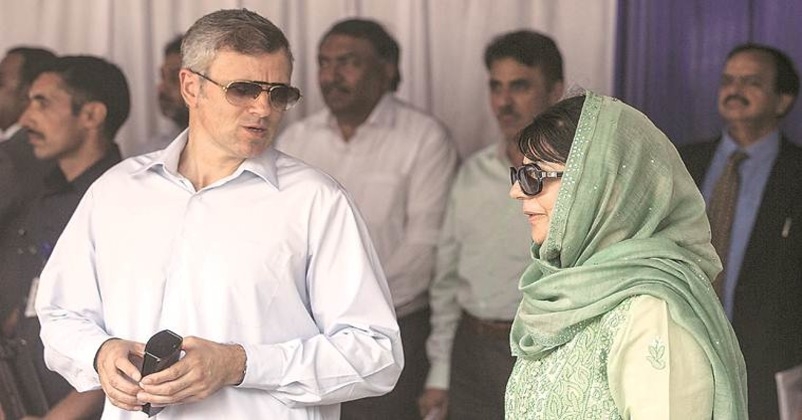
Certain Kashmir based political parties’ cunningness to reverse the justice delivered in 2002
Though the Jammu and Kashmir High Court had decreed that the PRC status of the women would not get affected even if they marry the non-PRC holder yet the traditional mindset of certain political parties in Kashmir valley could not accept the equality of men and women in the state in Jammu and Kashmir. Therefore, the then PDP Government of Jammu and Kashmir introduced the Jammu and Kashmir Permanent Resident Status (Disqualification) Bill 2004 to reverse the judgment of the Jammu and Kashmir High Court. The purpose of this bill was to ensure that the woman loses her PRC once she marries a non-PRC holder. National Conference (NC) had complete support to the bill and PDP and NC got it passed through the state legislative assembly but it could not get through in the state Legislative Council. Hence, a major catastrophe was averted that could have against played havoc in the life of women of Jammu and Kashmir. It is important to note here that Mehbooba Mufti herself a woman yet she did everything to ensure discrimination with the women of the state. Farooq Abdullah and Omar Abdullah both married to residents of other state. Even the daughter of Farooq Abdullah and sister of Omar Abdullah married a non-PRC holder yet both the Abdullahs were against this bill.
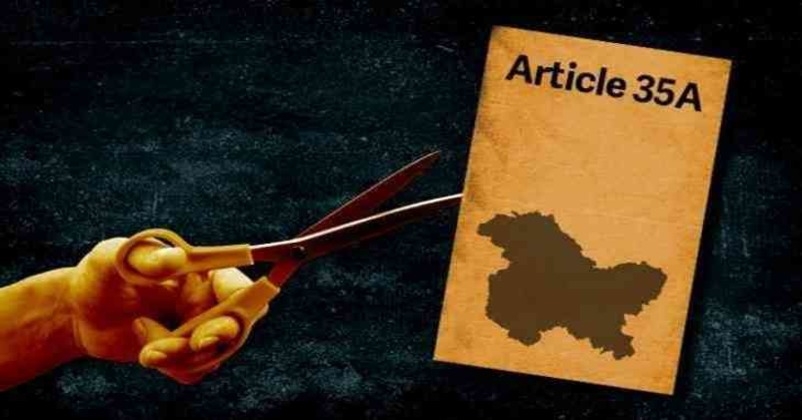
Conclusion
India is one of the largest democratic and secular countries. The constitution of India is specially designed to mainstream the hitherto excluded and deprived sections of the society. Women have proven their mettle in every field yet special provisions are provided for them to ensure that no barriers shall come in the way of their development. Women education and empowerment are some of the cherished goals of our constitution and many organizations ranging from political parties, NGOs and international bodies like the UN emphasize on women empowerment. Hence, it is essential that the women of Jammu and Kashmir must also be provided that level playing field. Therefore, it is essential that Article 35A must be abrogated, which gives legal sanction to discriminate women in clear contravention to the ideals of India.
